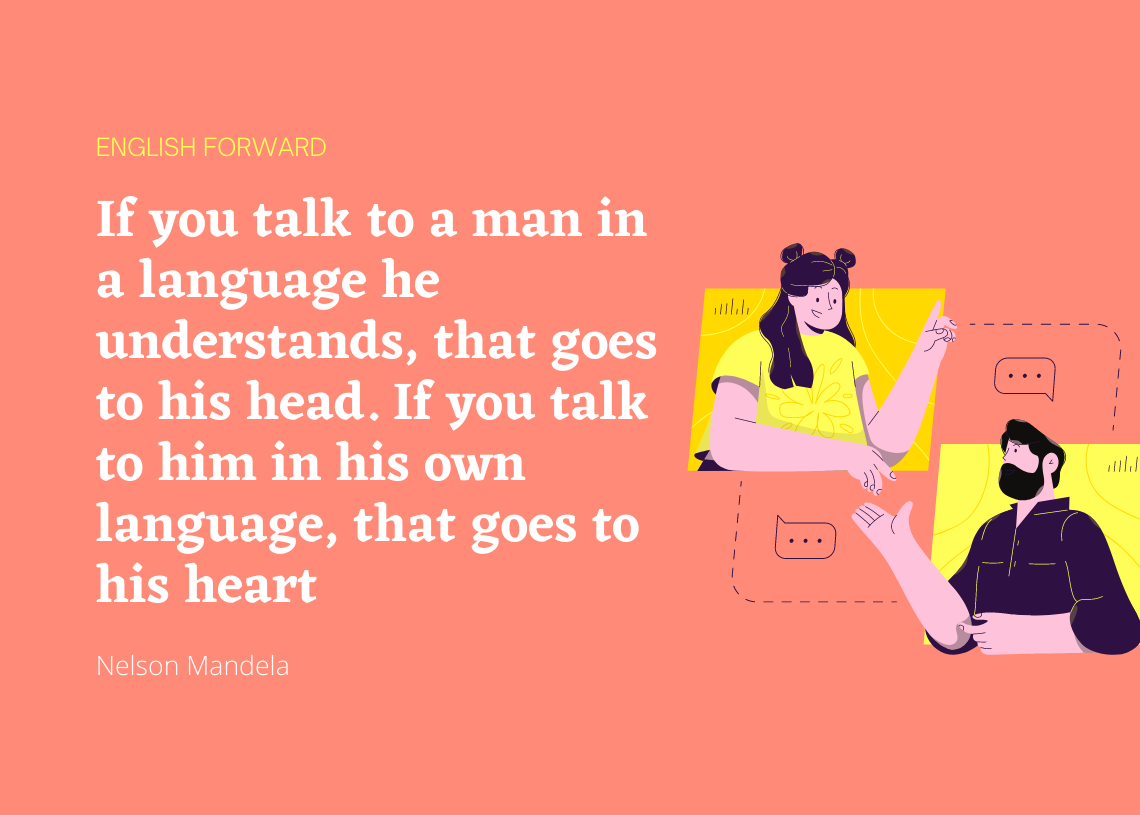In the above two sentences, the first is completely wrong while the other is correct. There is a very common error in grammar that is showcased when it comes to understanding how and when to use either “year old” or “years old”.
“My son is five year old”
“My son is five years old”
Let’s look at why most people make this error.
Is it year old or years old?
In English grammar, when speaking about age, we only use the be form of verbs, that is, am, is and are, and consequently we avoid the verbs have and has. This is a general rule that is applied when mentioning age in any English text.
Example:
Wrong: I have ten years old.
Correct: I am ten years old.
Now that we know the correct verbs to be used, we should learn the guidelines for mentioning age in English speech or text. The following cases are guides to ensuring proper usage of “year old” and “years old.”
Case 1
Is one years old grammatically correct?
When the age mentioned is one, we use year old, while for any age more than one, we use years old. In this case, the quantity of the age is the guide to whether to use year-old or years old.
Example:
- She is one year old.
- She is ten years old.
Case 2
When the person’s age comes as an adjective before their name which is a noun, we apply year old instead of years old. An adjective is a unit of grammar that attributes a noun. Let’s see an example in a sentence.
- My five-year-old boy is in school – correct
- My five years old boy is in school – wrong
In the sentence, five-year-old is an adjective describing the noun boy, hence the preference of five year old instead of five years old.
Case 3
When the article a is present in a sentence, or rather, the age presents itself as a noun, year old is used and not years old. An article, in grammar, comes before a noun and it automatically makes the noun singular, so the choice we make between year old and years old will also be singular, regardless of the quantity of the age.
Example:
- She is a three-year-old – right
- She is a three years old- wrong
Case 4
This case is in reference to a sentence in plural form. In the case where we are talking about more than one person, the plural form does not come in the “year old”. If there is a noun present, the plural is only on the noun instead.
- They are three years old boys.
- They are three-year-old boys.
If there isn’t a noun/subject present, the plural form can be written in two different ways, years old or year olds. “Year old” does not apply here and neither does “years olds”.
Examples:
- They are two years old.
- They are two-year-olds.
- They are two years olds – wrong
Hyphenation
Do you know what a hyphen is? Do you know how and when it is used? A hyphen is a punctuation mark that is used in grammar to join words to indicate they have a combined meaning. The words that are joined using a hyphen are generally referred to as phrases.
A phrase is simply a group of words that express an opinion within a sentence. So now that we are clear on the definitions, let us see the rules applied when “year old” and “years old” are hyphenated.
When to hyphenate
Rule 1 – Used as an adjective
Whenever a group of words are used as an adjective, they should be connected with a hyphen .“Year old” should be hyphenated when it modifies a noun that it follows.
It becomes an adjective phrase (a phrase describing, in this case, the age of a person, place, or thing), and since it comes before the noun in a sentence, it should be written as year-old. The hyphen should also connect year old to the number that precedes it.
Examples:
- The two-year-old boy got lost in the park.
- My 25-year-old sister is getting married this spring.
Rule 2 – Hyphenated
“Year old” is hyphenated when used as a noun in a sentence.
Example:
- The 10-year-old was very mature for his age.
- She is just a 5-year-old.
Rule 3 – when not to hyphenate
Year old should not be hyphenated when it comes after the noun it modifies. For example:
- This building is 200 years old. – correct(not hyphenated)
- This building is 200- years- old- wrong( hyphenated)
Note that these rules apply whether words or numerals are used to convey age, and hyphenating depends on:
- Whether the phrase will precede or follow the noun that it describes and
- Whether it is used as a noun or not.


 Clap
Clap
